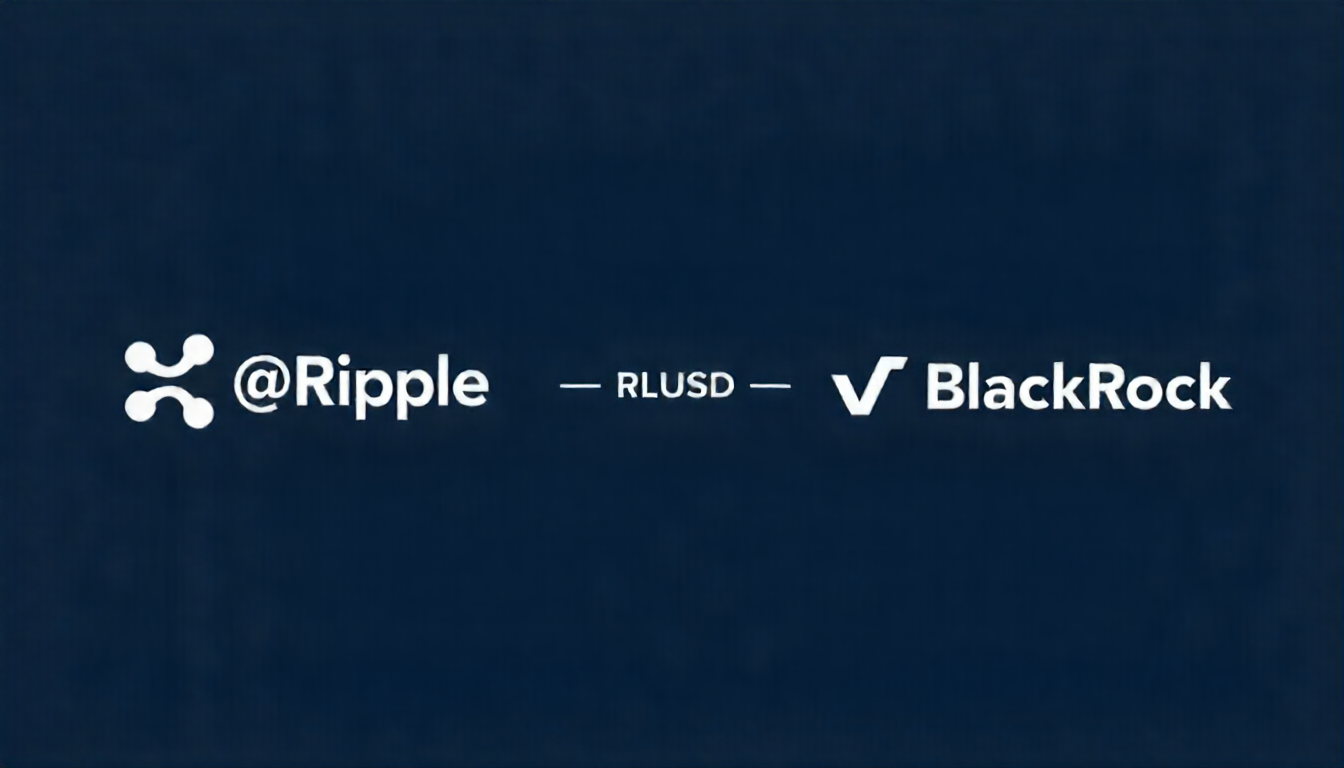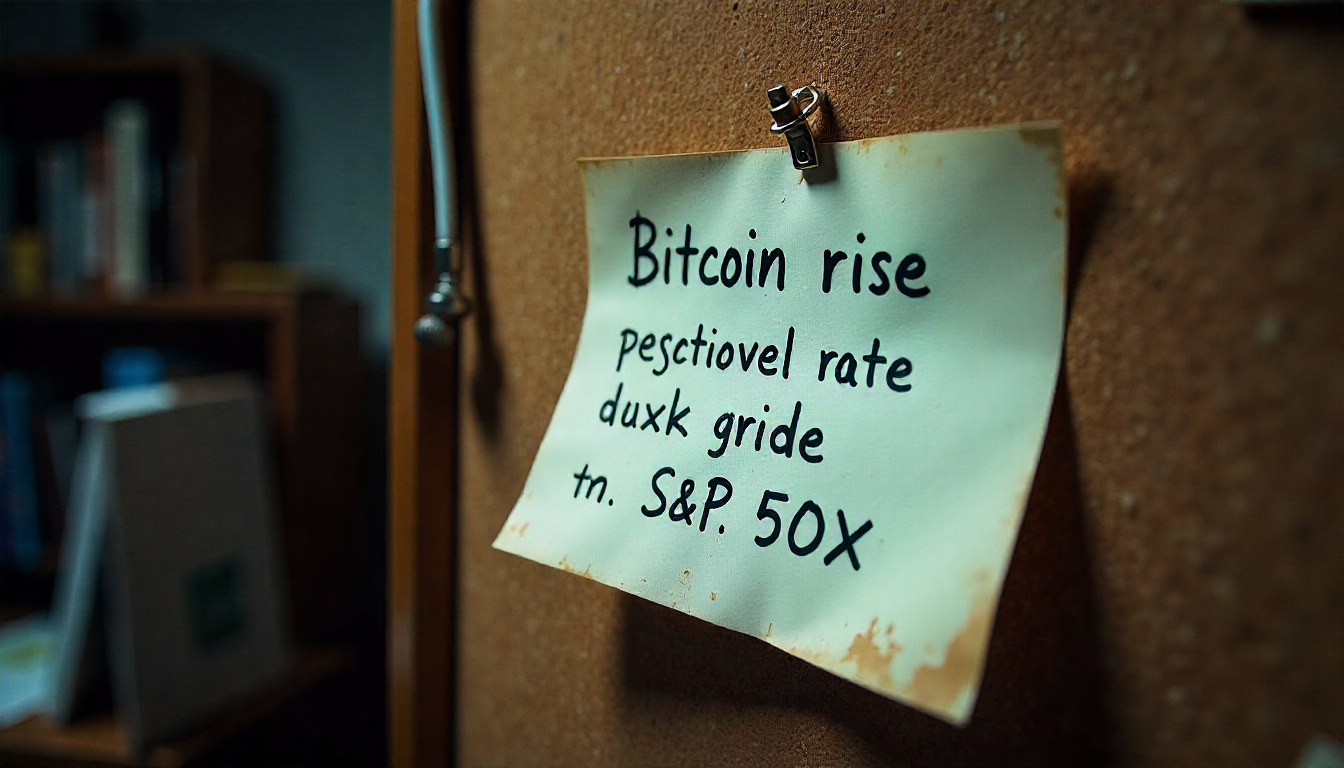Moody’s Flags Growing Risks as Tokenized Funds Surge in Popularity
Operational gaps, tech vulnerabilities, and unclear rules pose mounting challenges
Tokenized funds are on a tear—but the boom comes with baggage. Moody’s Ratings is sounding the alarm, warning that the rapid rise of these blockchain-based investment vehicles may be outpacing the industry’s readiness to handle the associated risks.
In a report released Wednesday, the credit agency pointed to the explosive growth of tokenized money market funds—up roughly 350% year-over-year to a market cap of $5.2 billion, according to data from rwa.xyz. Leading financial institutions like BlackRock and Franklin Templeton have helped ignite the trend, drawing more traditional players into the Web3 ecosystem.
But as the market accelerates, so do concerns.
“Tokenized funds bring advantages like transparency and easier access, but investors need to weigh those against a number of material risks,” said Cristiano Ventricelli, VP-senior analyst at Moody’s. These include tech-related vulnerabilities, scalability limitations, and a lack of regulatory clarity, he added.
One key issue is the relative inexperience of many operators in the tokenization space. Moody’s noted that fund management teams are often small and highly dependent on key individuals—a structure that leaves them vulnerable to disruption if one person exits or internal controls break down.
Then there’s the blockchain itself. While smart contracts automate many aspects of fund management, they’re not immune to bugs or cyberattacks. Using public blockchains offers broader access but can also open the door to security exploits. Moody’s urged tokenized funds to maintain off-chain redundancies and ensure regular auditing of smart contracts.
Redemption functionality is another weak point. Moody’s recommends funds offer redemptions in both stablecoins and fiat currency to minimize the impact of potential blockchain outages or stablecoin volatility.
And finally, navigating the legal and regulatory landscape remains tricky. Tokenized funds often operate across multiple jurisdictions, creating legal ambiguity for investor rights. Even when structures are in place to provide token holders with direct claims on underlying assets, enforceability can hinge on local laws and the quality of fund documentation.
Bottom line: while tokenized funds may represent the next generation of financial innovation, Moody’s says their foundations need to be strengthened before the sector can truly scale with confidence.












